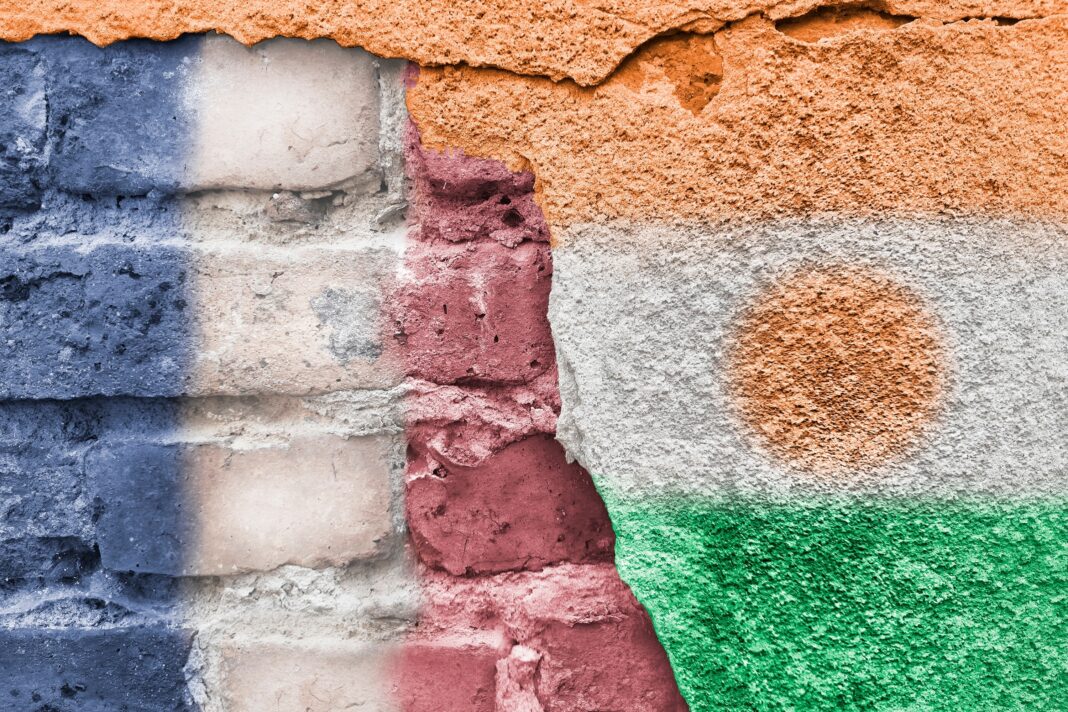by Ambra Visentin
West African army chiefs of staff began meeting in Ghana on Thursday to discuss a possible armed intervention in Niger following the military-led coup that overthrew President Mohamed Bazoum on 26 July and put General Abdourahamane Tiani in charge of the country. This crucial meeting comes two days after a deadly attack by suspected jihadists in southwest Niger that killed at least 17 Niger soldiers and wounded 20 others. The vast region of Tillabéri, located in the so-called ‘three borders’ zone between Niger, Burkina Faso and Mali, is in fact a haven for Sahelian jihadists, including those of the Islamic State of the Greater Sahara (EIGS). Although the option of an armed operation remains on the table, Ecowas still seems to prefer the path of dialogue with the regime.
“Democracy is what we defend and support,” said Nigeria’s Chief of Defence Staff, General Christopher Gwabin Musa, at the opening of the Economic Community of West African States (Ecowas) military leaders’ meeting in Accra. “The aim of our meeting is not simply to react to events, but to proactively chart a course that will lead to peace and sustainable stability,” General Gwabin Musa continued.
On the diplomatic front, Germany raised its voice, calling on the European Union to adopt “sanctions” against the perpetrators of the coup in Niger, a country crucial to the supply of uranium to the European continent. “Following the suspension of development and security cooperation, we want to introduce EU sanctions against the coup plotters,” the German Foreign Ministry wrote on X (formerly Twitter). German Development Cooperation Minister Svenja Schulze, currently on a visit to Nigeria, “held talks in Abuja on how best to support ECOWAS efforts,” the ministry added.
The West African country has already taken retaliatory measures against the coup leaders, who are ‘severely disrupting the delivery of vital food and medical supplies to Niger’, the World Food Programme (WFP) warned on Wednesday.
At the same time, Niger’s new regime is seeking allies in the region. On Tuesday, the military-appointed prime minister of Niamey, Ali Mahaman Lamine Zeine, travelled to N’Djamena in Chad, which shares a border of almost 1,200 km with Niger. He was received by the interim president, Mahamat Idriss Deby Itno.”We came with a message from the Head of State of Niger, General Tiani, who expressed his solidarity and fraternity and asked me to renew this feeling of good neighbourliness and brotherhood between Chad and Niger,” assured Zeine, explaining that his country was “in a process of transition”. Chad, a major military power in the Sahel, announced last week that it would not take part in any military intervention alongside ECOWAS, of which it is not a member.
Neighbouring Mali and Burkina Faso, also led by military leaders who took power in coups in 2020 and 2022, immediately showed solidarity with the generals in Niamey. Before the coup, France, a former colonial power with 1,500 troops in Niger, was actively involved with the Niger army in the fight against these jihadist groups. It has since become a favourite target of the new regime in Niamey, which accuses it of influencing ECOWAS decisions.
For the time being, the generals remain unyielding and have been holding the deposed president, Mohamed Bazoum, since 26 July, whom they intend to charge with ‘high treason’. They consider that a military operation against their country would be an ‘illegal and senseless aggression’ and have promised an ‘immediate response’ to any aggression.
Cover image: Velolosik on Shutterstock
























